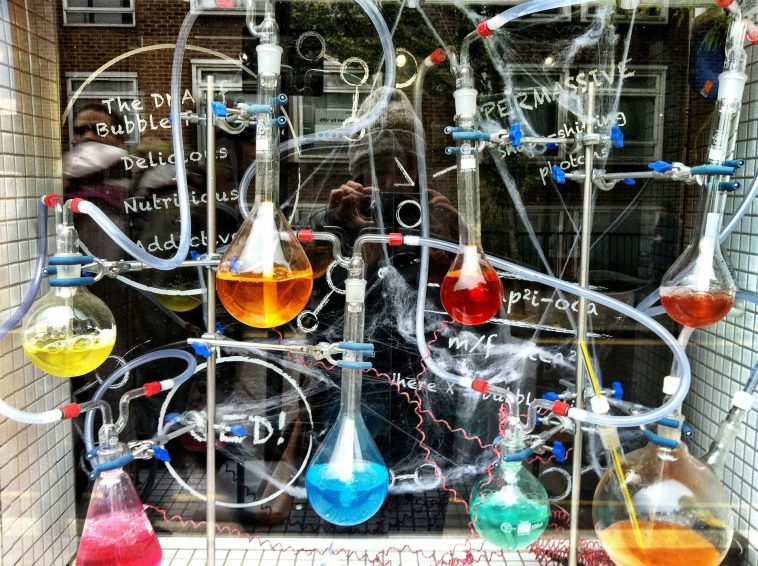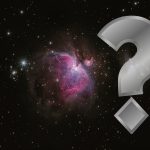If you think chemistry is hard, you are right. Only if you’re an expert can you guess whether this data on chemical elements is true or false. We warn you that only 1 in 80 people answer questions 8, 13 and 15 correctly.
If you think chemistry is hard, you are right. You probably won’t get more than 7/15 in this quiz
Before you start make sure you follow us on Facebook. LIKE US ON FACEBOOK
You may also like:
- Question of
Phosphorus is the second most abundant mineral in the human body.
- True
- False
- Question of
In 1783, John Dalton named the chemical element we know as hydrogen.
- True
- False
- Question of
Cobalt has been used to colour glass since the Bronze Age.
- True
- False
- Question of
Nickel was discovered by Swedish chemist George Brandt.
- True
- False
- Question of
The Cuerie temperature or Curie point is the temperature above which a ferromagnetic body loses its magnetism.
- True
- False
- Question of
Sodium is the most abundant alkali metal in the earth’s crust.
- True
- False
- Question of
Lithium burns with a violet flame.
- True
- False
- Question of
Solid potassium reacts violently with water.
- True
- False
- Question of
Francium was formerly known as eka-cesium and actinium K.
- True
- False
- Question of
Cadmium is one of the few metals that can be found in nature without combining with other elements.
- True
- False
- Question of
The name of the chemical element vanadium comes from the goddess of beauty Vanadis in Scandinavian mythology.
- True
- False
- Question of
The Earth’s core consists mainly of iron and nickel in metallic form.
- True
- False
- Question of
Tantalum can be used for the manufacture of surgical instruments and in implants.
- True
- False
- Question of
Bromine is the least reactive and electronegative halogen.
- True
- False
- Question of
Lead is rarely found in its elemental state.
- True
- False
You missed some questions. Please answer all to continue.
Jump to the first skipped question





